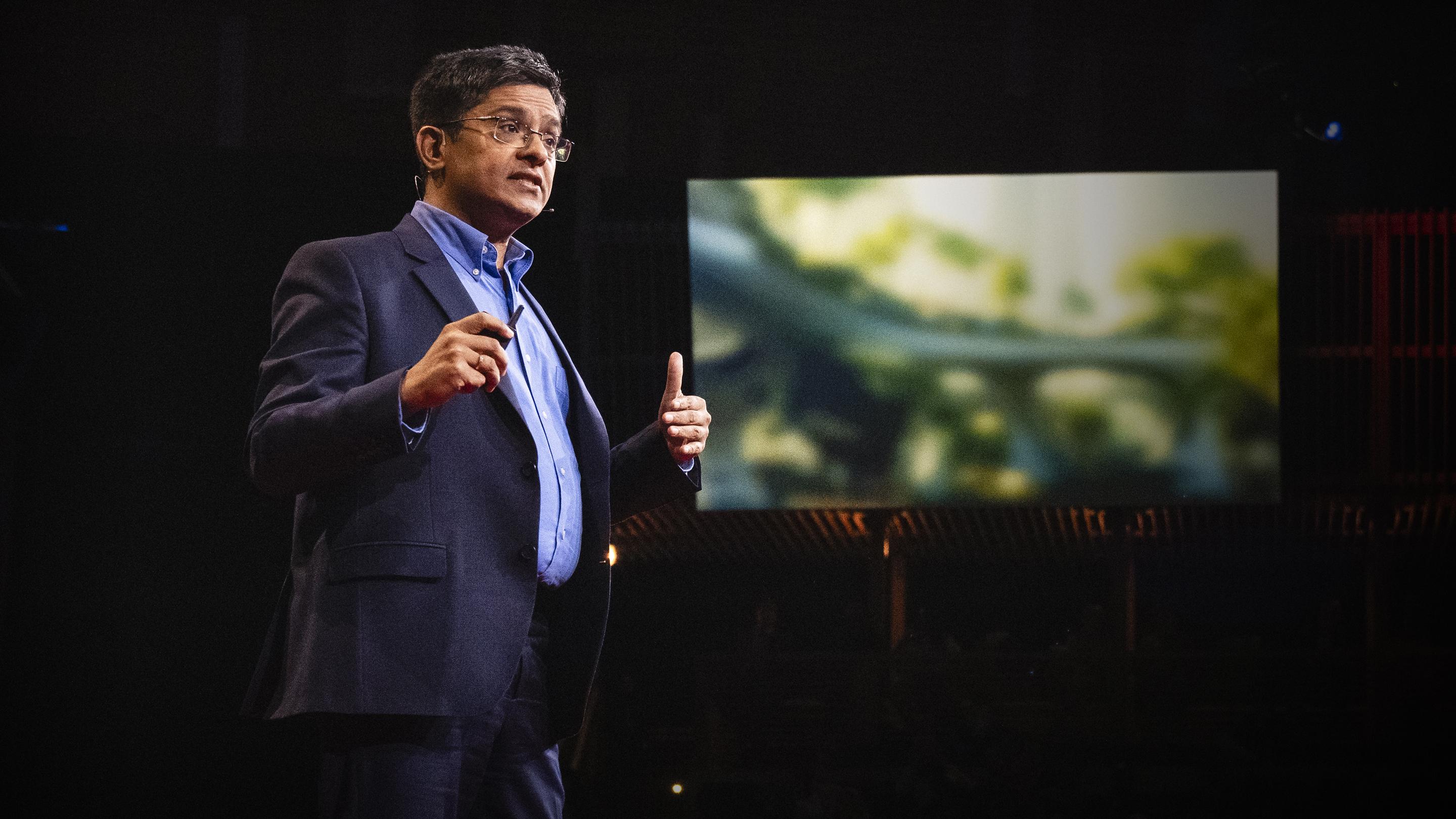
Why spending smarter beats bigger budgets | Karthik Muralidharan

TED Talks Daily
Deep Dive
Why does Karthik Muralidharan believe we can accelerate global development without spending more money?
Muralidharan argues that advancements in data, computing power, and research methods have identified high-return interventions that are currently underfunded, allowing for smarter spending rather than increased budgets.
What is the main issue with traditional education spending in low- and middle-income countries?
Traditional spending often focuses on infrastructure, teacher credentials, and technology without addressing the core issue of pedagogical mismatch, where instruction is not aligned with students' comprehension levels.
How does MindSpark software address the learning crisis in education?
MindSpark tailors instruction to each student's level, significantly improving learning outcomes by bridging the gap between curriculum and comprehension, leading to substantial gains in a short period.
Why did the MindSpark program fail to show impact during COVID-19 when used at home?
Without adult supervision and support, students did not engage with the software, highlighting the need for human interaction alongside technological solutions.
What role do governments play in global development according to Muralidharan?
Governments are crucial for scaling innovations to reach the poor, as markets often do not cater to those without purchasing power, necessitating public systems to deliver benefits at scale.
What does Muralidharan suggest as a solution to improve public spending effectiveness?
He advocates for using data and evidence to guide public spending, focusing on high-return interventions identified through research, which can significantly improve outcomes without increasing budgets.
- Global development indicators like child mortality and school enrollment have improved but many children are not thriving.
- Research has identified interventions with 10x returns on investment that are not being acted upon.
- Spending smarter, by reallocating funds from less effective to more effective interventions, can deliver better results.
Shownotes Transcript
Billions of dollars are poured into global development every year, but results are lacking, says economist Karthik Muralidharan. Diving into an example with public education, he outlines how smarter resource allocation and evidence-based interventions, like learning software that dynamically responds to students and teaches at the level that's right for them, can accelerate global development worldwide — not by spending more, but by spending smarter.